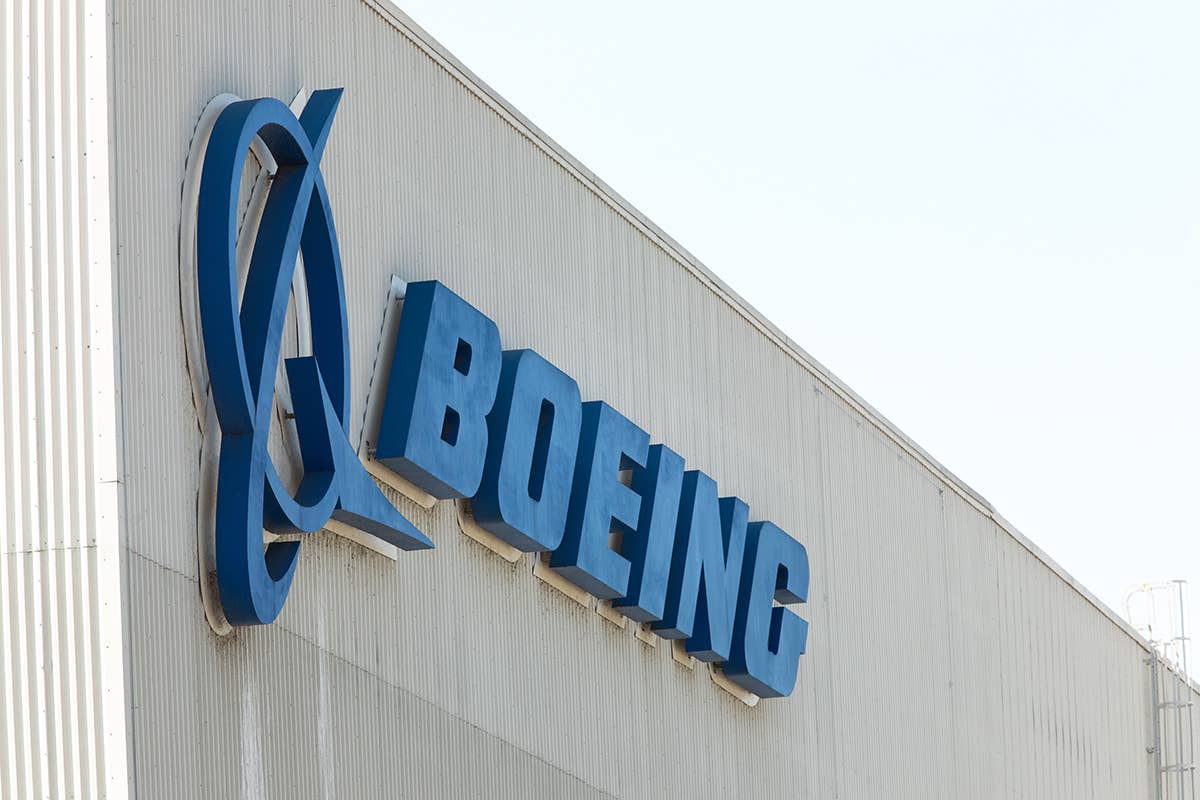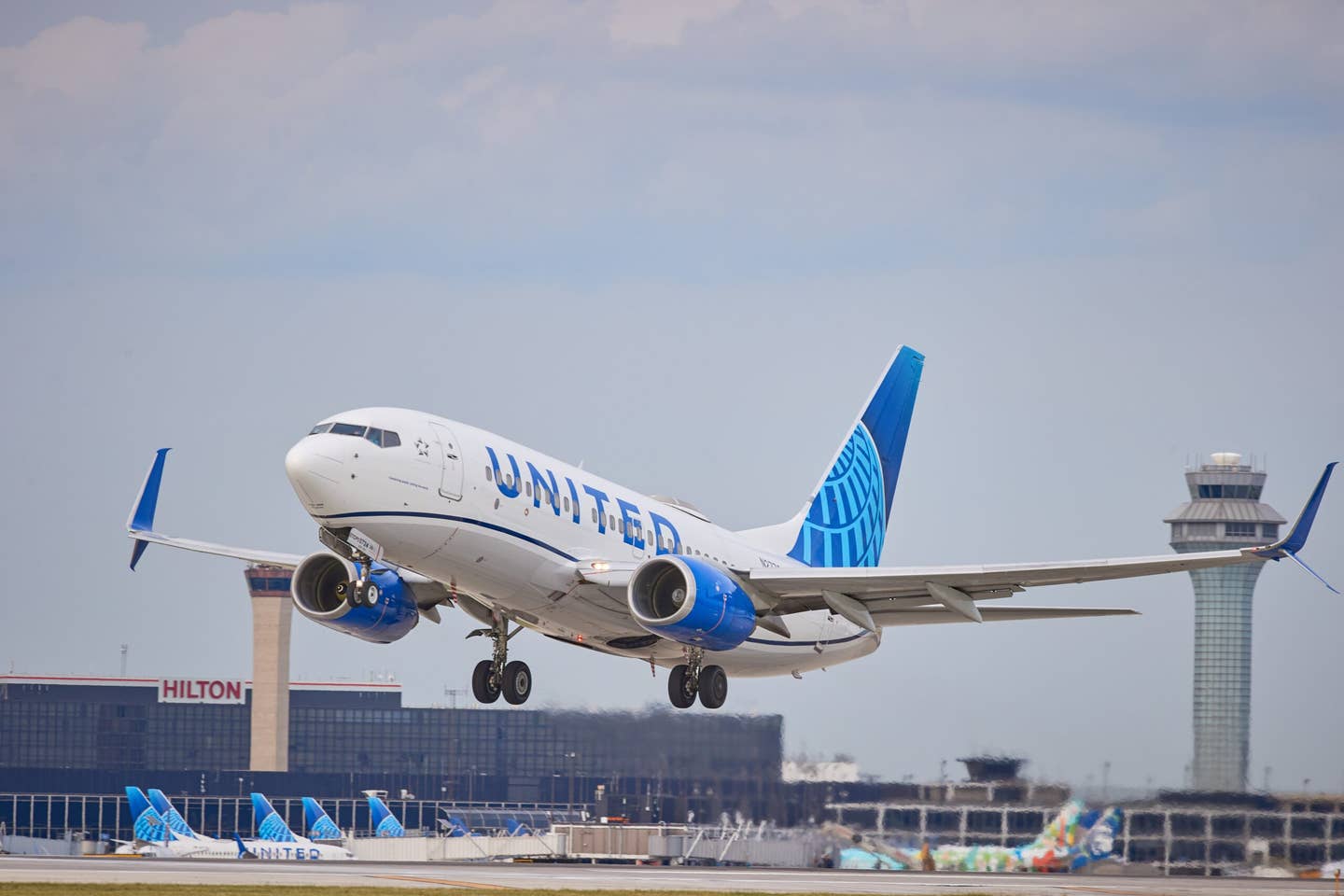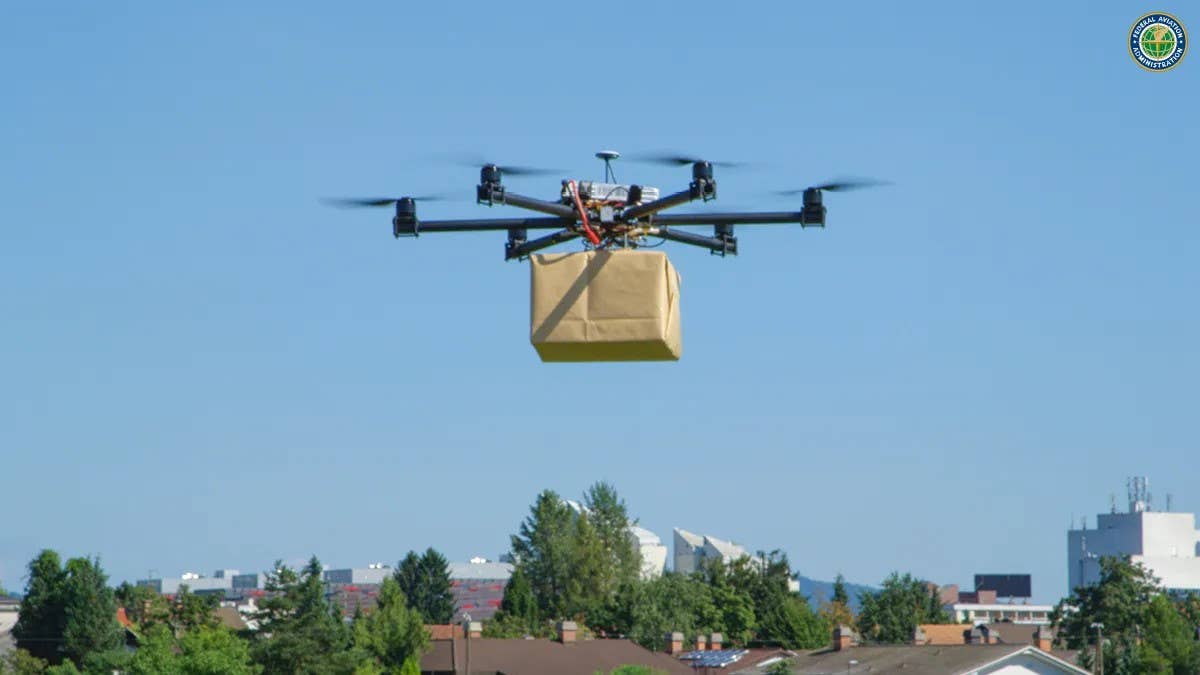‘Changes…Need to Happen,’ Boeing Official Says
In the wake of incidents related to aircraft safety, the manufacturer now focusing on reducing use of ‘traveled work.’

Boeing is making efforts to improve the quality and safety of its aircraft production line, according to a company official. [Credit: Shutterstock]
Boeing is making efforts to improve the quality and safety of its aircraft production line, according to a company official.
"There's changes that need to happen,” Brian West, Boeing's chief financial officer, said Wednesday in addressing the Bank of America Global Industrials Conference in London. “There's no doubt about it. But we're going to do so diligently and expeditiously.”
In remarks, West acknowledged repercussions had followed a recent incident where a door plug dislodged from a Boeing 737 Max 9 passenger jet mid-flight, leading to rapid decompression.
"The events of January 5, and Alaska Airlines Flight 1282, and everything we've learned since, we acknowledge that we need to improve upon safety and quality and conformance," West said.
- READ MORE: Boeing Changes Leadership of 737 Program
As a result of the event, which triggered a National Transportation Safety Board (NTSB) investigation and FAA audit, Boeing is taking a careful look at its processes, West told the forum.
"There are changes that need to happen," he said. "[We’re] deliberately going too slow to get this right. We're the ones who made the decision to constrain rates on the 737 program below 38 per month until we feel like we're ready, and we'll feel the impact of that over the next several months."
No More Travel Work
In late February, the FAA said it was giving Boeing 90 days to identify ways to improve safety culture and address compliance issues. One of the first changes the company identified as necessary was putting an end to "traveled work," West said.
"Traveled work has existed for a very long time, and in recent years, we tried to get ahead of it,” he said. “Turns out it wasn't enough. For years, we prioritized the movement of the airplane through the factory over getting it done right, and that's got to change. The leadership team got it in the immediate aftermath of January the 5th. We control how this happens, and it's about our resolve to get ahead and get after traveled work."
- READ MORE: FAA Gives Boeing 90 Days to Improve
West noted that Boeing CEO Dave Calhoun is in the factory "personally making sure that we do get control of it, because once you do reduce travel to work, your quality gets better, your stability gets better, and probably most importantly, the work of the mechanic gets better."
On March 1, for example, the company announced it would no longer be traveling work between contractor Spirit AeroSystems in Wichita, Kansas, which manufactures fuselages, and the Boeing plant in Renton, Washington.
"We will only accept a fully conforming fuselage from Spirit, which means in the near term, there might be variability of supply,” West said. “But long term the predictability that we're going to get is dramatically better, and the nonconformances dropped significantly in our factory because it takes those nonconformances and it pushes them upstream where they belong to get actioned."
West stressed that production is continuing at Boeing, and it has aircraft scheduled for delivery through 2028.
Impact on Customers
West acknowledged that the slowdown is impacting Boeing’s customers.
"[But] they have been supportive of everything we're trying to do to enhance safety and quality for the industry,” he said. “We are in regular, very transparent communications, and they know precisely where we stand and the progress that we're making, and we, at the same time, have to understand what their needs are as they think about their flight schedules and their passengers.
“Ultimately, our job is to make sure that we can execute on behalf of our customers in a way that's more predictable, more dependable, with the highest quality in mind, and we're going to do that one airplane at a time, and our customers are hanging with us and we're appreciative of that."

Subscribe to Our Newsletter
Get the latest FLYING stories delivered directly to your inbox






